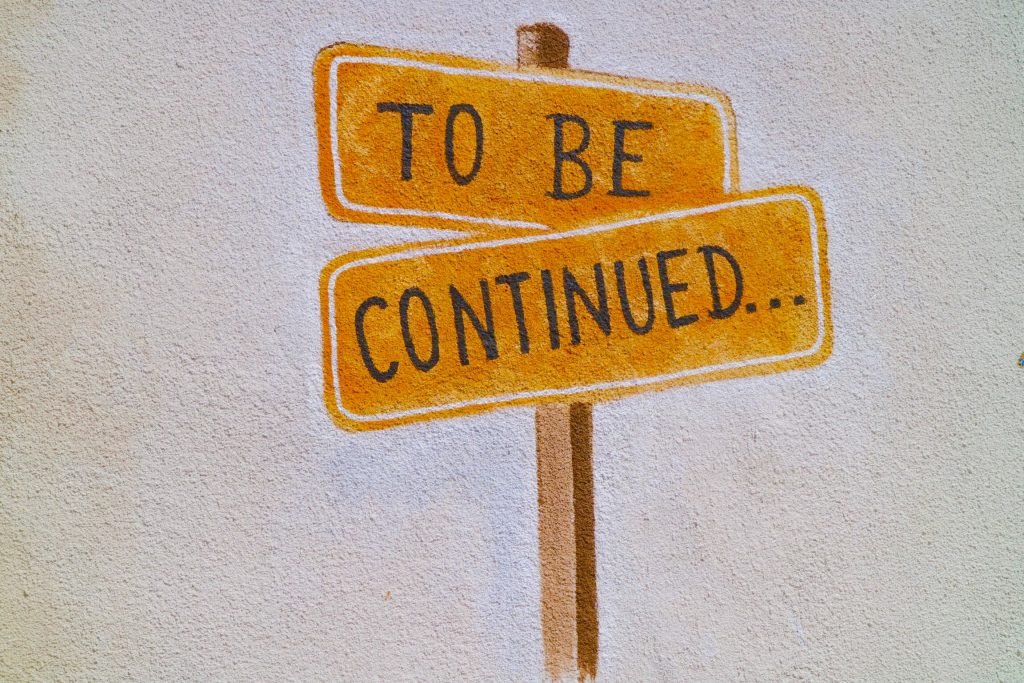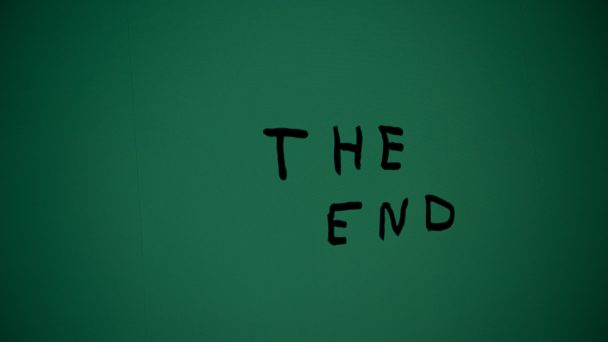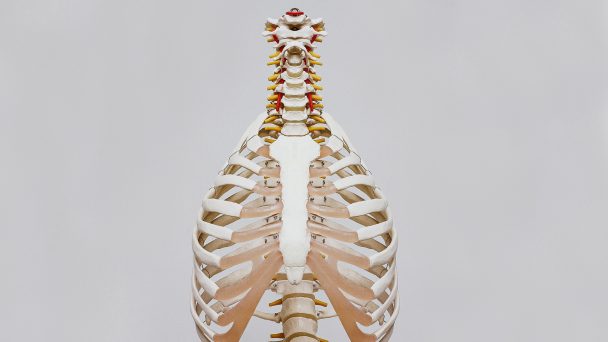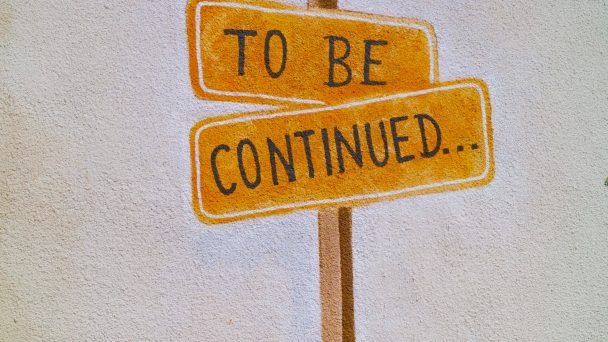Alcohol in our society part 2

In part 2 of 'alcohol in our society': temperance until 1881. Because as long as alcohol exists as long as an attempt is made to prevent its adverse effects through measures and legislation. Rob Bovens, alcohol researcher and coordinator of the Academic Workplace Addiction at Tranzo Tilburg University, talks about the first laws and prohibitions.
For example, King Hammurabi of Babylon already proclaimed the first law on alcohol in 2225 BC. He limits the price of alcoholic beverages and stipulates that not everyone may sell it. The Chinese emperor Yu (2200 BC) imposed a tax on wine to prevent excessive use, a later emperor imposed heavy fines for drunkenness. And did you know that the Greek philosopher Plato (427-347 BC) was already a big proponent of alcohol prohibition before the 18e year, legislation that we did not introduce here in the Netherlands until January 1, 2014.
Church to State Prevention
Prevention of problematic drinking has only been carried out in our country for 45 years with financial support from the government, in the 200 years before that this task was mainly performed by church and private initiative. This was not so strange, because people used to have the view that the people should serve the government and not the other way around. An example of this was the foundation in 1774 of the society tot Nut van 't Algemeen, an initiative born of the social involvement of pastor Jan Nieuwenhuijzen from Edam and a number of small towns. They advocated better education so that citizens could share in a world of progress and have a better future. They founded schools, education and vocational training, published textbooks and organized lectures and debates.
Local temperance movements
In 1803 a pamphlet was published with the title: "'t Morgenslokje, a common neighborhood talk between Dieuwertjen and Grietjen and some other persons." It focused on the social consequences of the sharp rise in spirits at the end of 18e century and early 19e century. But it was not until thirty years later that this was followed up and led to the founding of a number of local temperance movements (Drachten, Utrecht, Rotterdam) and the distribution of various brochures. Finally, in 1842, a national organization was founded in Leiden: the 'Nederlandsche Vereeniging tot abolition van lichenlichen' (Dutch Association for the abolition of spirits). He regarded alcoholism as a common problem and not as a personal problem.
Moral and economic motives
Moral considerations have been the main driving force behind this movement, but other factors also played a role. The temperance movement arose mainly among the enlightened bourgeoisie, who saw the use of jenever as the cause of poverty, moral decline and economic malaise. Over the years, the upper class's fear of collective drunkenness and the risk of rioting among the lower class played through this. Economic motives were also important: good, healthy and disciplined workers were indispensable during the rise of industries. In his thesis 'Drinken, Dranken en Dranken' from 1995, Jaap van der Stel writes that there is also a decreasing tolerance towards public intoxication and other excesses of excessive use, and that there is an increasing fear of 'deviant behaviour'. . He wonders whether there is actually a danger from drunks and alcoholics, or whether the established class wants to protect its position by distancing itself from these people. Public intoxication is a threat to the moral order. Nevertheless, Justice Minister Modderman acknowledged in the defense of his first Liquor Act (1881) in the House of Representatives that alcohol abuse occurs in all layers of the population and that the new law is intended for all classes.


